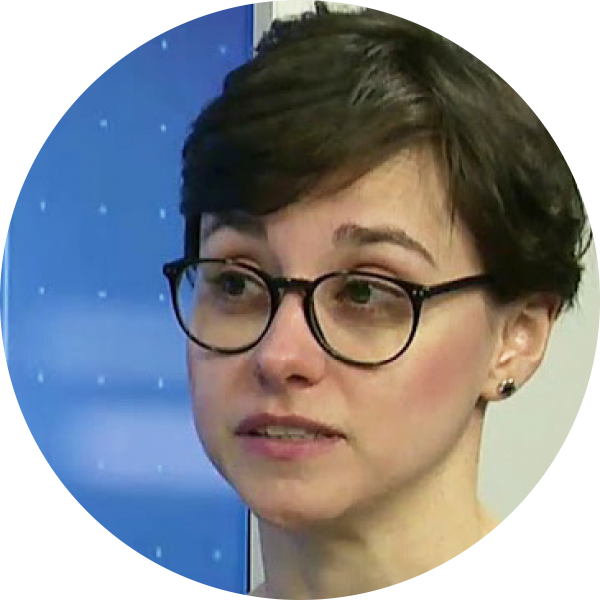International organizations and global governance
Primary tabs
This course aims to provide a useful and interesting insight into the relation between international organizations, be they governmental or non-governmental, and global governance. This means a theoretical as well as a practical and contextualized understanding of IOs, NGOs, and the global issues they attempt to address. Upon completion of the course, students should be able to articulate the leading explanations within international political studies for why IOs and NGOs exist, how efficient they are, why they are thought to be helpful in order to solve global problems, how they determine the global agenda setting, the major challenges they face in meeting their objectives, as well as their contemporary mistakes and wrong moves. The course includes a role-play simulation game of the United Nations Security Council, in which students will play the role of members of this institution and take a decision about a current issue related to international security.
1. What does it mean global governance and which is the place of international organisations (IOs) in it? 2. What are the IOs? 3. Why states delegate IOs in order to face global problems and challenges? 4. How IOs react to political crises? 5. How efficient are the IOs? 6. Which is the place of the United Nations (UN) in the processes of global governance? 7. How does the UN respond to the environmental threats of the 21st century? 8. How does the UN contribute to the economic development of the world? 9. How does the UN face international security threats? 10. Why and how the non-governmental organizations (NGOs) influence the global governance? 11. How efficient are the NGOs? 12. To which extent do the NGOs determine the global agenda setting? 13. How do NGOs get involved next to IOs in the wide networks of global governance?
Hardt, Heidi. 2014. Time to React. The Efficiency of International Organizations in Crisis Response. Oxford: Oxford University Press. Mingst, Karen A. and Margaret P. Karns. 2012. The United Nations in the 21st Century. Fourth Edition. Colorado: Westview Press. Weiss, Thomas G. 2013. Global Governance: Why? What? Whither?. Cambridge: Polity. Willetts, Peter. 2011. Non-Governmental Organizations in World Politics. The Construction of Global Governance. London and New York: Routledge.

